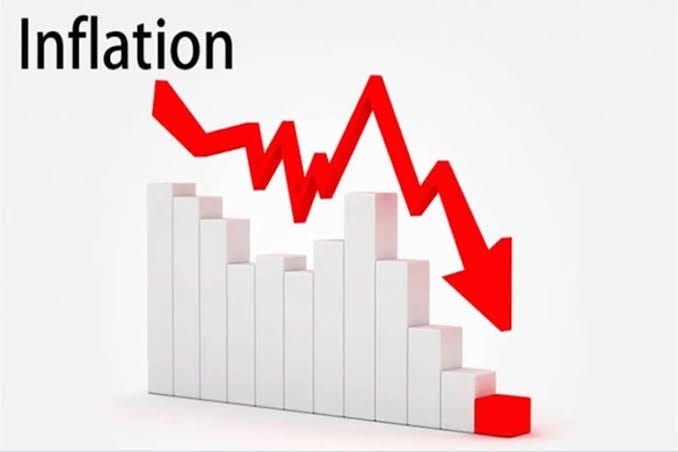Yesterday, the Chief Economist at Afrexximbank, Yemi Kale, projected that inflation could fall to about 14 per cent by the end of 2026 if the Federal Government’s ongoing structural reforms are sustained.
Kale, former Statistician-General of the Federation, spoke at the Independence Day edition of ‘The Platform Nigeria’ yesterday, with the theme: “Rebuilding our nation.”
Others who spoke at the event convened by the Pastor Poju Oyemade Covenant of Nation were entrepreneur/ expert on food ecosystems, Ndidi Okonkwo Nwuneli; governance expert and lawyer, Joe Abah; strategy consultant, Leke Alder; and former Super Eagles captain, Segun Odegbami.
Delivering his speech entitled ‘Reform and resilience: Strengthening Nigeria’s economic Foundations,’ Kale projected that inflation could fall to about 14 per cent by the end of next year, if reforms are sustained.
He, however, cautioned that despite the projected drop in inflation, Nigerians would continue to feel the strain.
“Between now and then, the hardship will continue. The lesson here is clear: reforms must be matched with targeted and effective social cushions to protect the most vulnerable,” Kale said.
The expert urged the Federal Government to stay the course on reforms despite the short-term hardships they inflict on Nigerians.
He warned that abandoning the reform process could push the country back into another cycle of low growth, high inequality, and fiscal stress.
According to him, the government’s reforms since 2023, including subsidy removal, exchange rate unification, and tighter monetary policy, have begun stabilising the macroeconomy.
Kale, however, stressed that the reforms would be incomplete without strong social protection and structural transformation.
He said: “Reform is like curing a fever. You must endure some discomfort as the medicine takes effect. But the alternative of letting the fever run just because the pill is bitter, or the injection is too painful, is far worse.”
Kale pointed out that Nigeria’s monetary policy had regained credibility after years of inconsistency and quasi-fiscal interventions by the Central Bank.
![]()










